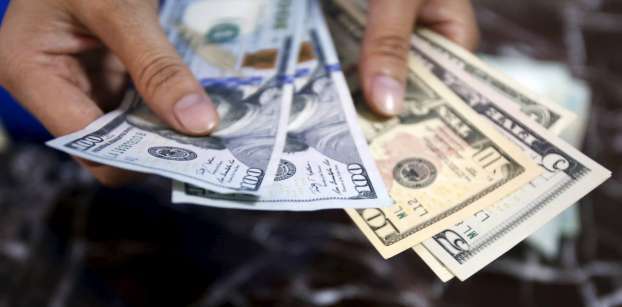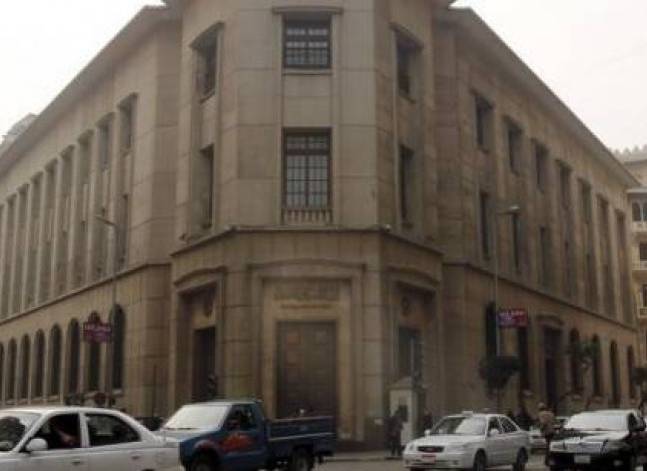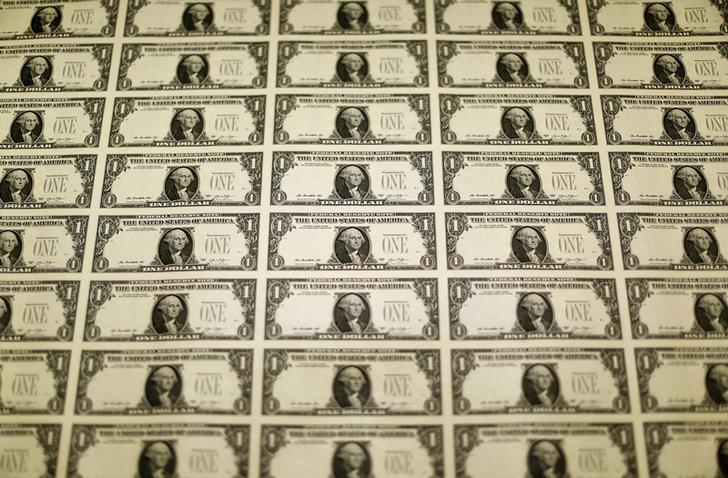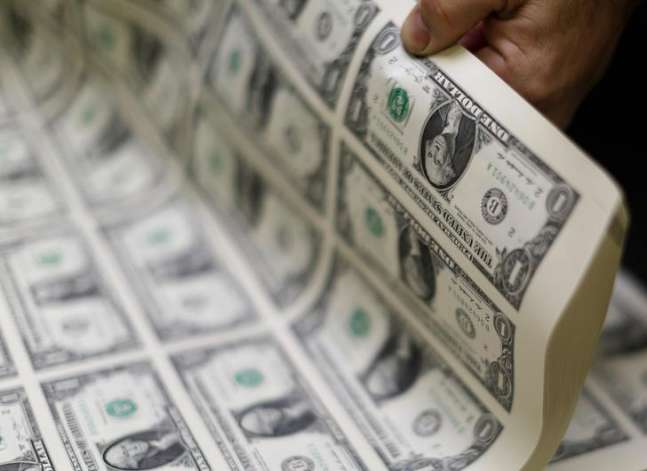Latest NEWS
- Aswat Masriya, the last word
- Roundup of Egypt's press headlines on March 15, 2017
- Roundup of Egypt's press headlines on March 14, 2017
- Former Egyptian President Hosni Mubarak to be released: lawyer
- Roundup of Egypt's press headlines on March 13, 2017
- Egypt's capital set to grow by half a million in 2017
- Egypt's wheat reserves to double with start of harvest -supply min
- Roundup of Egypt's press headlines on March 12, 2017
Pound devaluation likely to boost foreign currency liquidity – Fitch
CAIRO, Mar 24 (Aswat Masriya) – The recent devaluation of the Egyptian pound against the U.S. dollar will likely facilitate foreign currency liquidity in the domestic banking sector, Fitch Ratings said Thursday.
Egypt has been witnessing a foreign currency crisis due to pressures on its reserves as a result of a weakening tourism sector in addition to the decline in Suez Canal revenues.
The Central Bank of Egypt (CBE) devalued the currency by 14.5 per cent against the U.S. dollar on Mar. 14. Two days later, it raised the Egyptian pound by 7 piastres, to reach EGP 8.78 against the dollar.
"A more flexible exchange-rate policy reflecting the actual value of the EGP is expected to attract FDI [Foreign Direct Investment] and improve foreign currency proceeds," Fitch said in its report published on Thursday.
The CBE has also recently lifted the limits on foreign currency deposits and withdrawals that were imposed last year.
Fitch said it expects further devaluation of the Egyptian pound as the "CBE tries to completely eliminate the parallel market."
Following the devaluation decision, the dollar changed hands with the Egyptian pound at between EGP 8.90 and EGP 9.25 on the black market. The dollar had before then skyrocketed on the parallel market and was close to changing hands for EGP 10 but the CBE took measures to alleviate the crisis
Additionally, to counter the inflationary effects of the devaluation, the central bank's Monetary Policy Committee (MPC) raised key interest rates by 1.5 per cent (150 basis points) last Thursday.
The MPC raised the overnight deposit rate to 10.75 per cent from 9.25 percent and raised the overnight lending rate from 10.25 per cent to 11.75 per cent, according to a statement.
Egypt's foreign reserves inched up at the end of February by $56 million reaching $16.533 billion, still less than half of the foreign reserves Egypt had before the 2011 Uprising when they were almost $36 billion.














